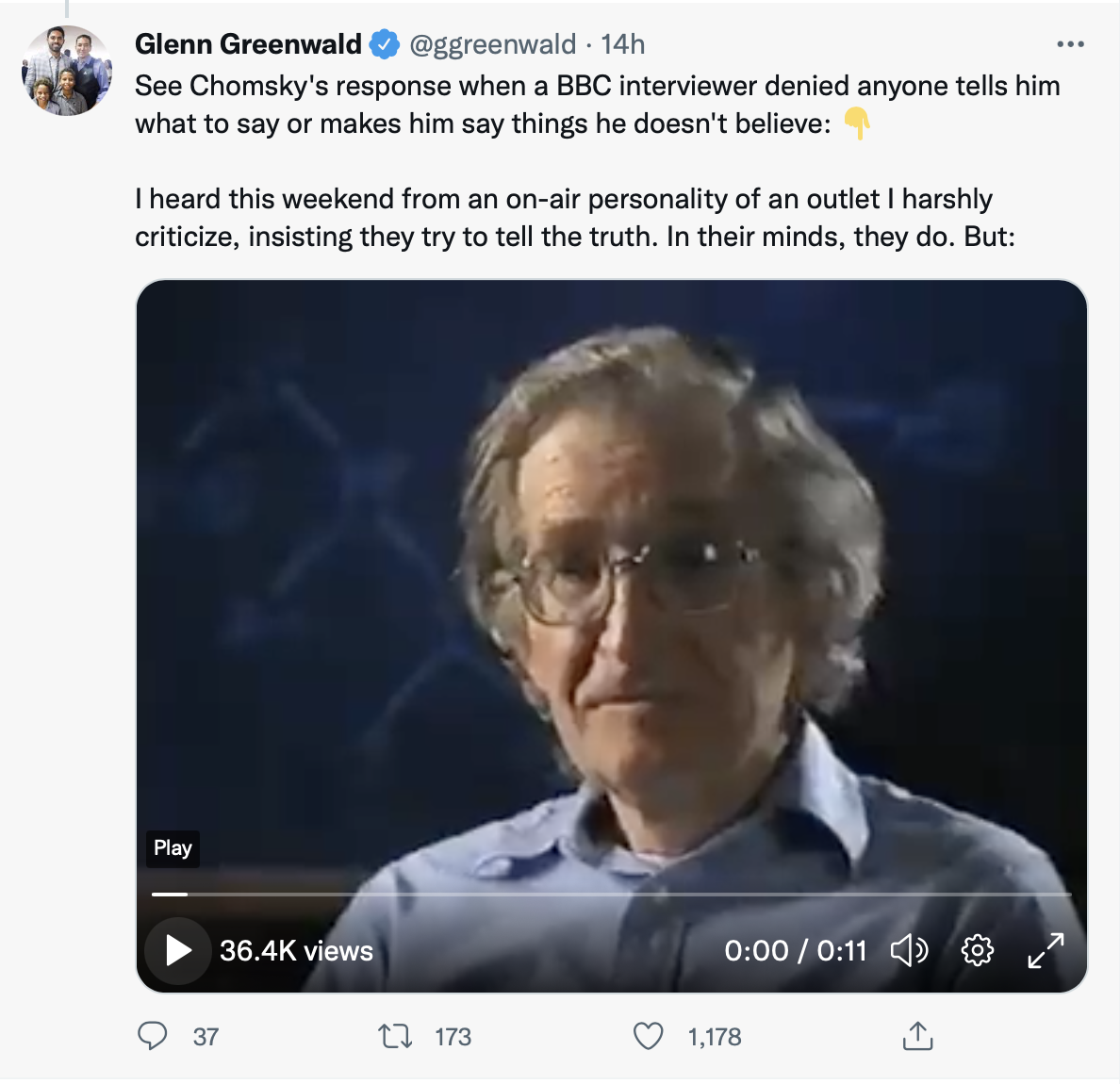One of our biggest challenges, I believe. I know a lot of smart people, none of who are willing to run for high office. None of them are willing to step into the financial cesspool of politics and none of them want to put their families at risk of harm. This article features the thoughts of For the political scientist Brian Klaas.
"[P]ower-hungry people are, by definition, more likely to seek power. Whether running for national office or applying to manage the local homeowners’ association, those who get off on the idea of controlling others naturally put themselves forward, while most people look at the stress, scrutiny and public pressure, and politely decline.
“Our modern society has made it extremely unattractive to normal, decent human beings to end up in positions of power,” Klaas said, noting that he himself gave up any childhood fantasy of becoming US president as soon as he realised how dirty American politics is. “I don’t think I’m alone in that. I think there’s lots of people who think: I could make the world a little better, but the cost might be enormous to me.”
For that reason, Klaas believes, the pool of prospective leaders is already skewed towards those who should be kept well away from power. “I conducted 500 interviews with some of the worst people around – and they weren’t normal,” he recalled. “There are quirks about them, there’s something wrong with some of them, but they’re all very, very good at getting into power. And that’s not an accident."


